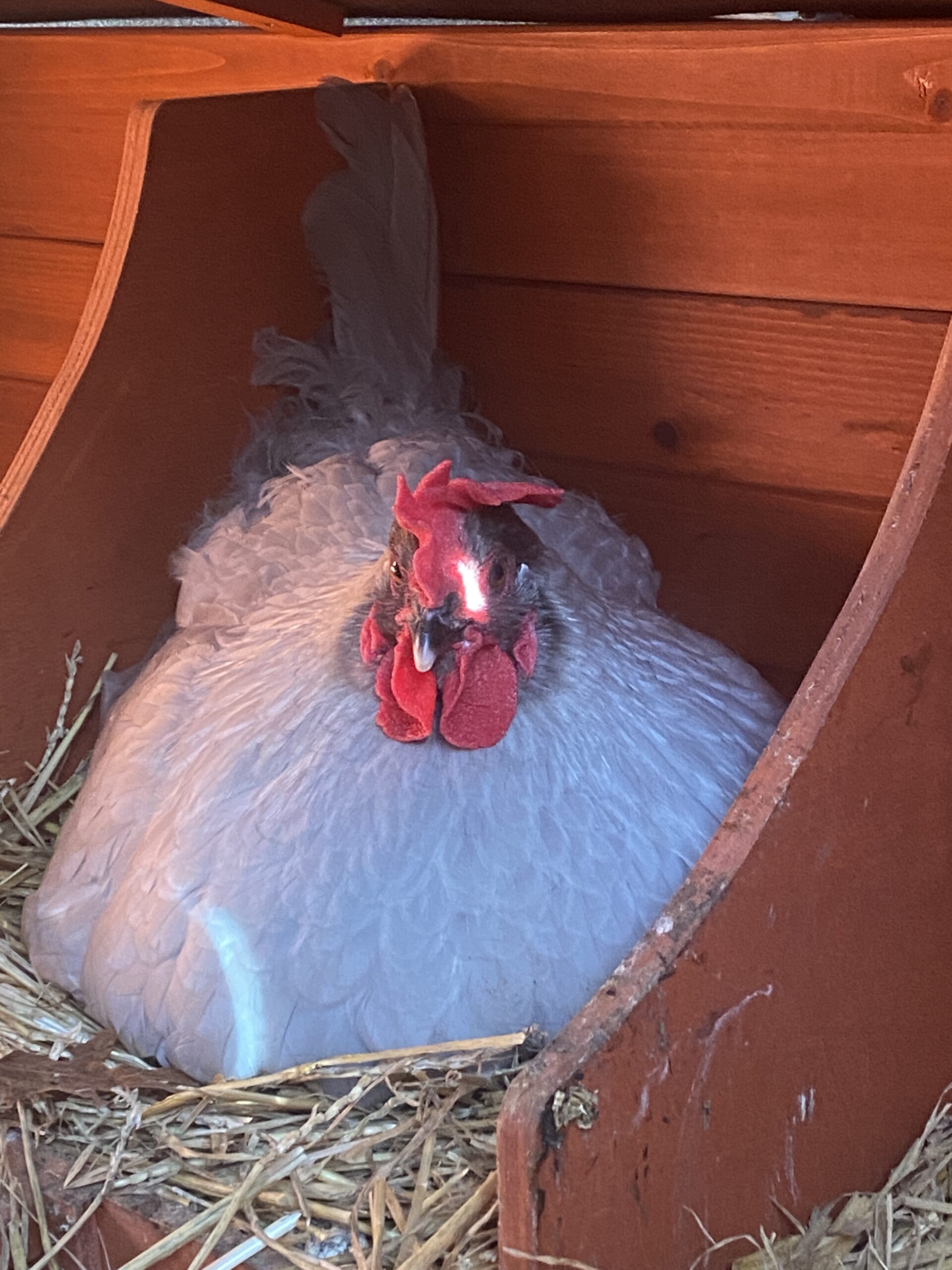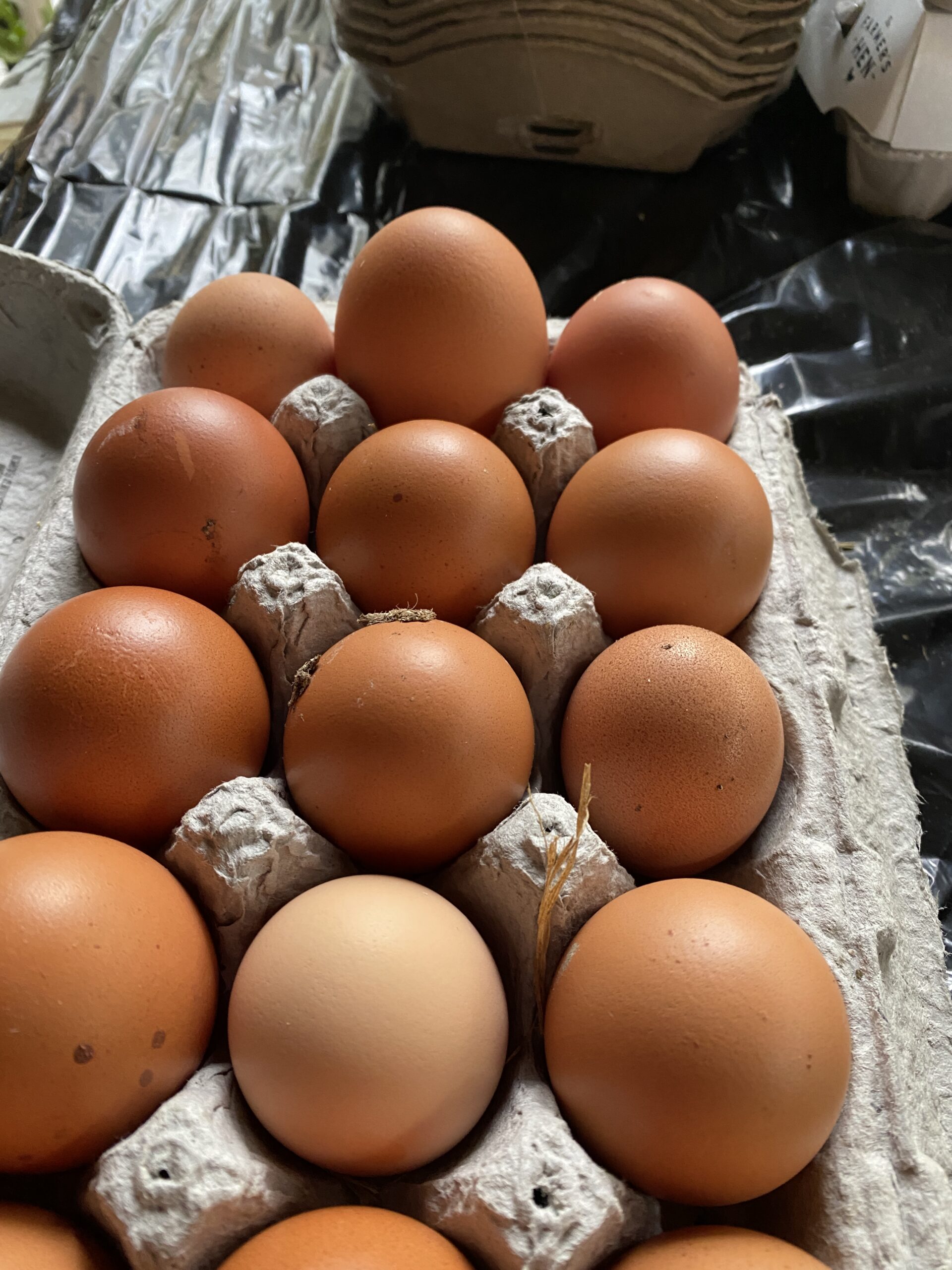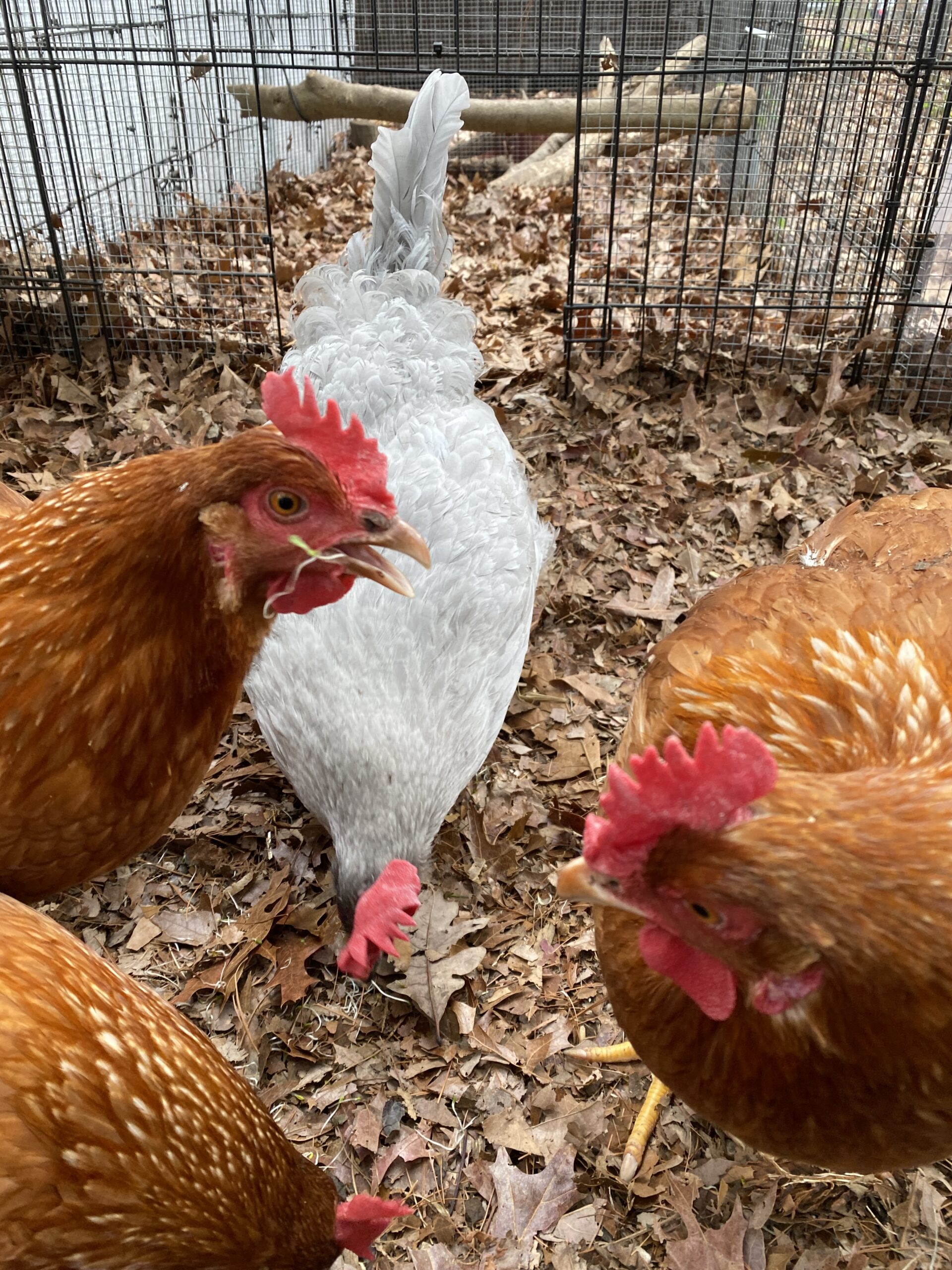Balancing Corporate & Homesteading Lifestyles
Eggs: US vs European Standards

Here in the US, we buy our clean refrigerated eggs from the grocery ... but Europe is very different. There are no regulations for cleaning and the eggs are stored at room temperature. Both methods are designed to prevent salmonella but the strategies are very different.
In the US, all companies with 3,000 or more egg-producing hens are required to clean the eggs before distributing them to consumers.
So, how are eggs cleaned commercially?
Cleaning commercial eggs is a process of misting them with water, spraying them with soap or detergent, brushing them gently with brushes, spraying them with an antimicrobial santitizing rinse, and then blowing them dry with air jets. This process is regulated by the USDA, the FDA, and the EPA.
When buying eggs in the US from a farmer’s market or small egg producer, the eggs are often unwashed, stored, and sold at room temperature. This strategy is a small scale version of the European strategy.
What is the European strategy? And why?
As you probably know, eggs have microscopic pores in their shells and are naturally protected by a thin exterior barrier known as a “cuticle” or “bloom.” This barrier protects the egg from bacteria and contamination, seals the egg, and preserves moisture. When eggs are washed, this barrier is removed.
In Europe, eggs are not washed so that it preserves this natural anti-bacterial cuticle. Unwashed eggs can be safely stored and sold at room temperature, but consumers must wash the eggs at home before using them or wash them and store them in the refrigerator.
Just note: Washed eggs must be either refrigerated or cooked immediately to reduce the risk of salmonella.
When an egg is washed in water that is not hot enough, it can cause the contents of the egg to contract and create a vacuum which results in the egg sucking any salmonella or other bacteria that was on the shell inside the egg. Some believe that due to the potential increased risk of washing eggs improperly compared to the risk of not washing the eggs at all, that the overall risk is reduced by not washing the eggs to begin with.
A few of my thoughts
When my chickens lay their eggs, they have clean nesting boxes to choose from. They have 6 boxes although they routinely use 2.
A couple lay in the early morning, then more in the late morning, with one or two in the mid-afternoon. All their eggs come out looking clean ... in other words there is no poop on them. Poop covered eggs are often a sign that you need to do some coop cleaning. Although the egg and poop come out of the same place, they have different pathways and the intestine is pinched closed when the hen lays ... so she doesn't poop and lay an egg together. Typically poop gets on an egg when the hen has a messy bum.
So the whole point ... I know my hens are in clean conditions as they are laying clean eggs. The same goes for European eggs, since they cannot be washed, they must be clean ... I mean, who is going to buy poop covered eggs?
More: http://nwedible.com/clean-poop-free-eggs/
Another consideration for me is the wash process itself. Spraying eggs with an antimicrobial sanitizer is a step I prefer to skip if possible. Because the egg is porous, the bloom has been washed away, and anything on the egg can potentially go into the egg. I'd prefer to stick to natural as possible and avoid unnecessary chemicals.
If you want to read mere, here is a good article: https://www.hobbyfarms.com/egg-storage-sales-handling-europe-united-states/






